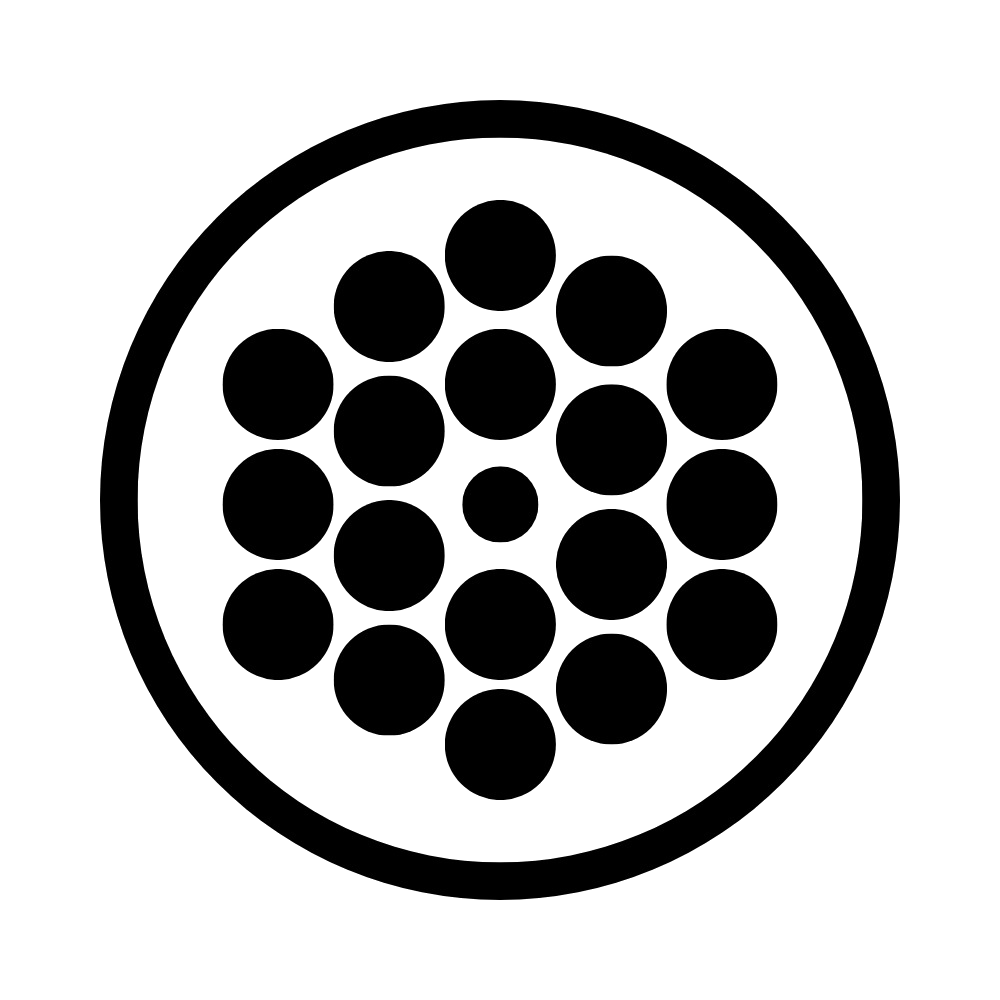Games, Words, and the Translation of Concepts
When I was a third grader I remember “helping” my dad coach his sixth-grade basketball team. Maybe I was an extra number. I could handle the ball okay!
I had a large vocabulary, I was a big reader, but I remember he elucidated a word to the team while on the court, after school: anticipate.
He described what the word meant—a sweet, sweet concept: Predicting what your opponent is likely to do. With that knowledge, you should put yourself in a good position to counter whatever it is you’ll think they’ll do; for example, they’re driving to the basket, don’t chase them, try to beat them to where they’re going to be.
I’m not going to dive too deep into Theory of Mind here, but anticipation requires a realization and understanding that people have different beliefs, wants, perspectives and experiences than you, and you have the ability to guess what those things might be. That might seem obvious to you reading this now, but as a 6- or 7-year-old 3rd grader, it opened up a world.
I remember feeling like I had been let in on a secret, like this knowledge wasn’t necessarily for me, but I’d learned it. It wasn’t just a word, it was a powerful concept that applies to virtually everything—all games, financial markets, driving—everything.
Once you realize that people are also trying to anticipate what you’re going to do, the world of deception unfolds. You make someone think you want one thing in order to get the thing you actually want. I make you believe, so much so that you act on that false belief. What a wild thing to do. What a powerful idea, contained in a word. And there are too many examples here—every “fake” in every sport, pitching in baseball, etc.
And once you’ve been deceived once, you must doubt your initial predictions, because you know you can be deceived. You must take extra care to not be duped again. And this gives me an advantage.
One more concept: Advantage—a condition that gives a favorable position.
if you’re thinking too much about being deceived, my advantage will be the smooth flow of my actions vs your hesitation.
Another wonderful concept contained in a word. You want to keep and capitalize on what advantages you have.
I know this is the most romantic, dramatic version of the story of me learning about anticipation, but I really believe it changed me. I started paying attention to what people believed, where they were going, whether or not their expectations aligned with reality. I see misunderstandings often—they happen because of incomplete information, different experiences, and people believing that what they see is accurate. We know we can’t trust our eyes—or really, our brains. We must accept that our knowledge is always incomplete, and do our best.
To me, the world is layers of games. The consequences of those games vary. Much of what you learn playing one game you can apply to another, therefore growing your skills, and steepening your own learning curve.

